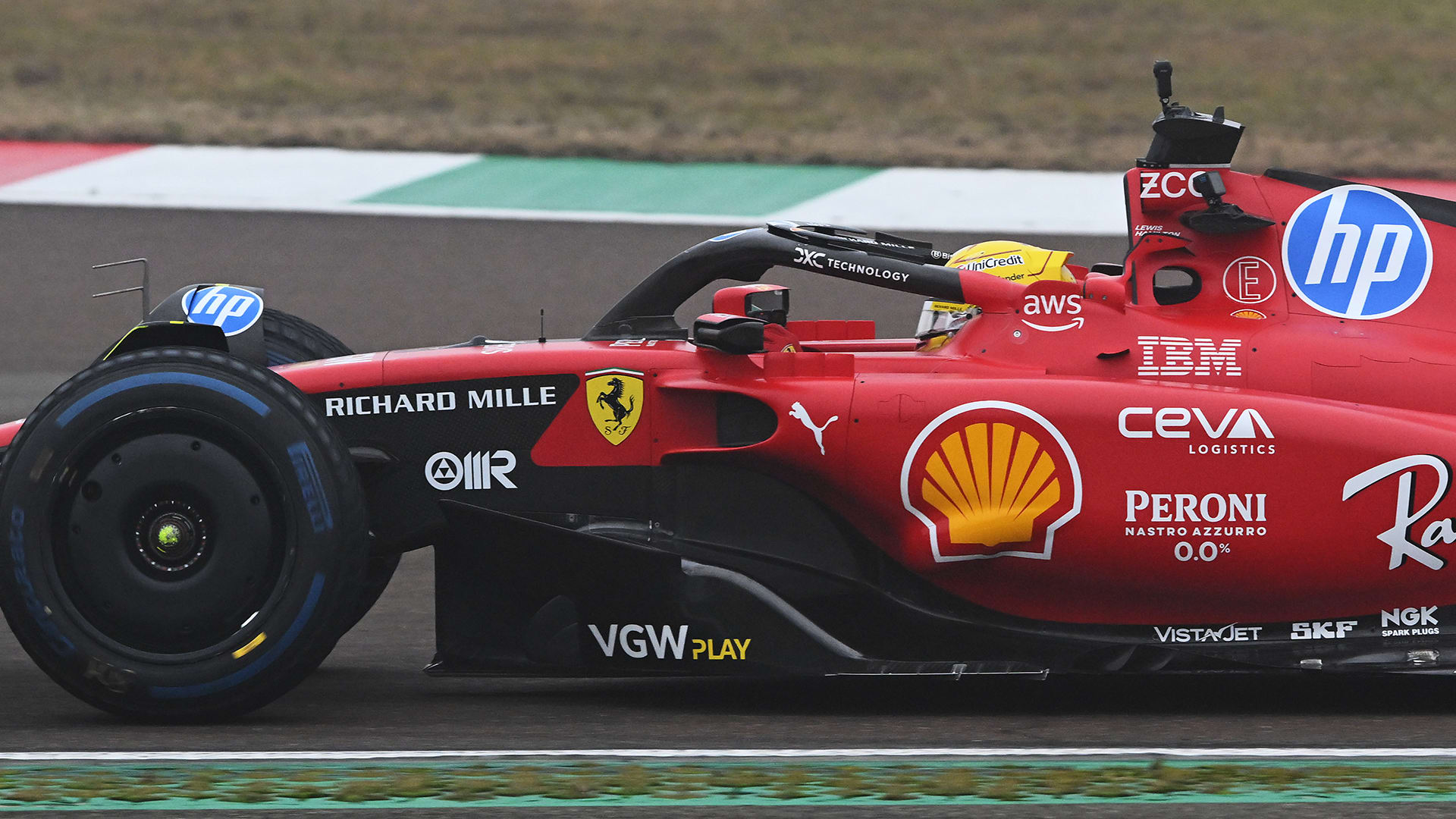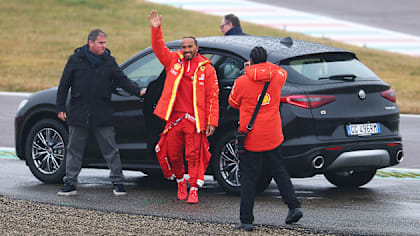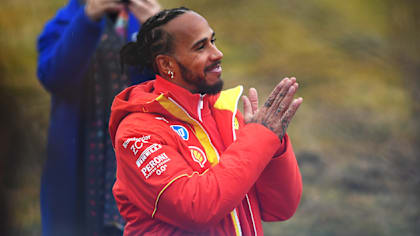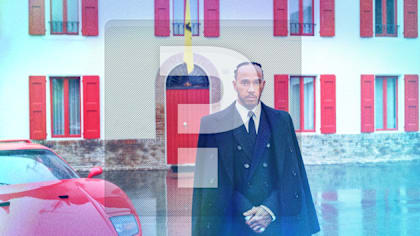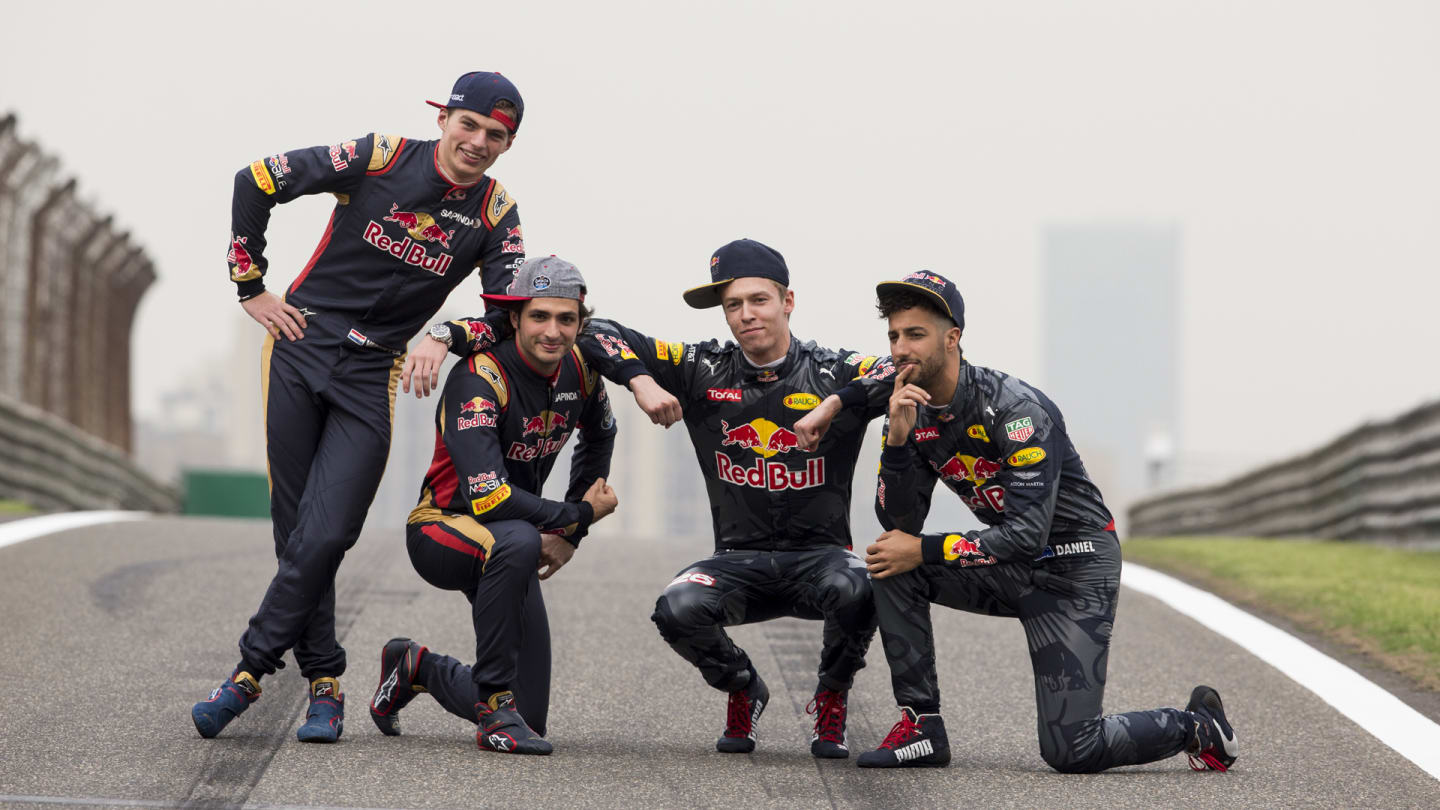
Feature
Swap shop – drivers who switched teams mid-season
Share

Red Bull caused a sensation this week with the announcement that Alex Albon and Pierre Gasly will trade places with immediate effect for Belgium onwards - but it's by no means the first time drivers have switched between teams during a season. We look back at some of the most famous examples from recent history...
Giancarlo Fisichella - Force India to Ferrari, 2009
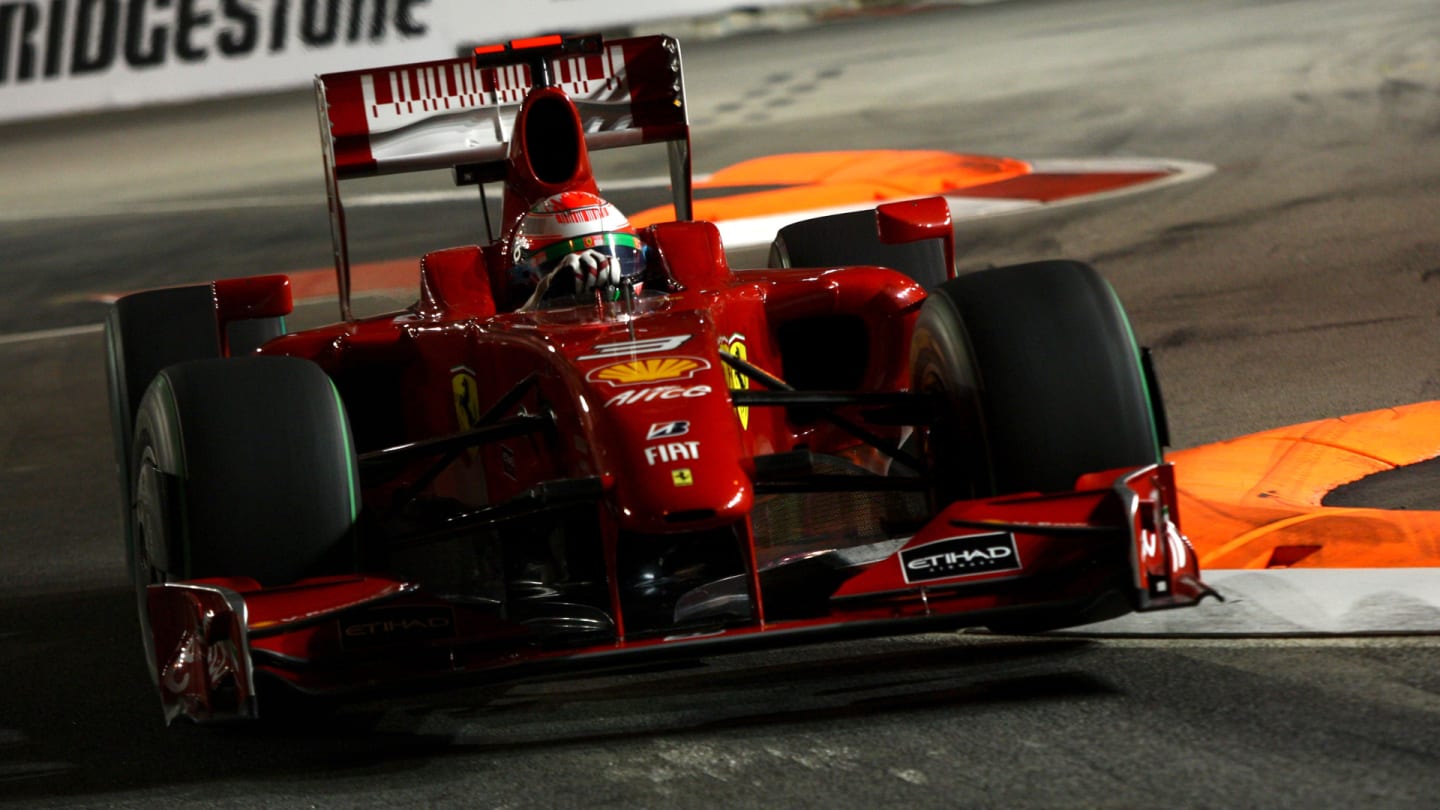
Ferrari’s driver dilemma in 2009 stemmed from the horrific injury that befell Felipe Massa mid-way through the season in Hungary. Long-term test driver Luca Badoer was the man called upon while Massa recovered, but results were distinctly underwhelming - Badoer qualified last at both Valencia and Spa-Francorchamps, and Ferrari lost patience. The solution was to be found at Force India: Giancarlo Fisichella. Lured by Fisichella’s pole and podium at Spa, and the appeal of an Italian driver racing for them on home soil at Monza, the Scuderia made contact and, 10 days before the race, the switch was finally confirmed.
“For any Italian driver, a Ferrari race seat is a long-held dream and for Giancarlo it was no exception,” Force India chief Vijay Mallya explained at the time. “No one should stand in the way of this.” Fisichella, who labelled the move a life-long ambition, would contest the final five races of the year for Ferrari - a series that would prove to be his swansong as an F1 driver. His best finish came in his first race as he secured ninth - agonisingly close to the points - at Monza.
Jarno Trulli - Renault to Toyota in 2004, and Minardi to Prost in 1997
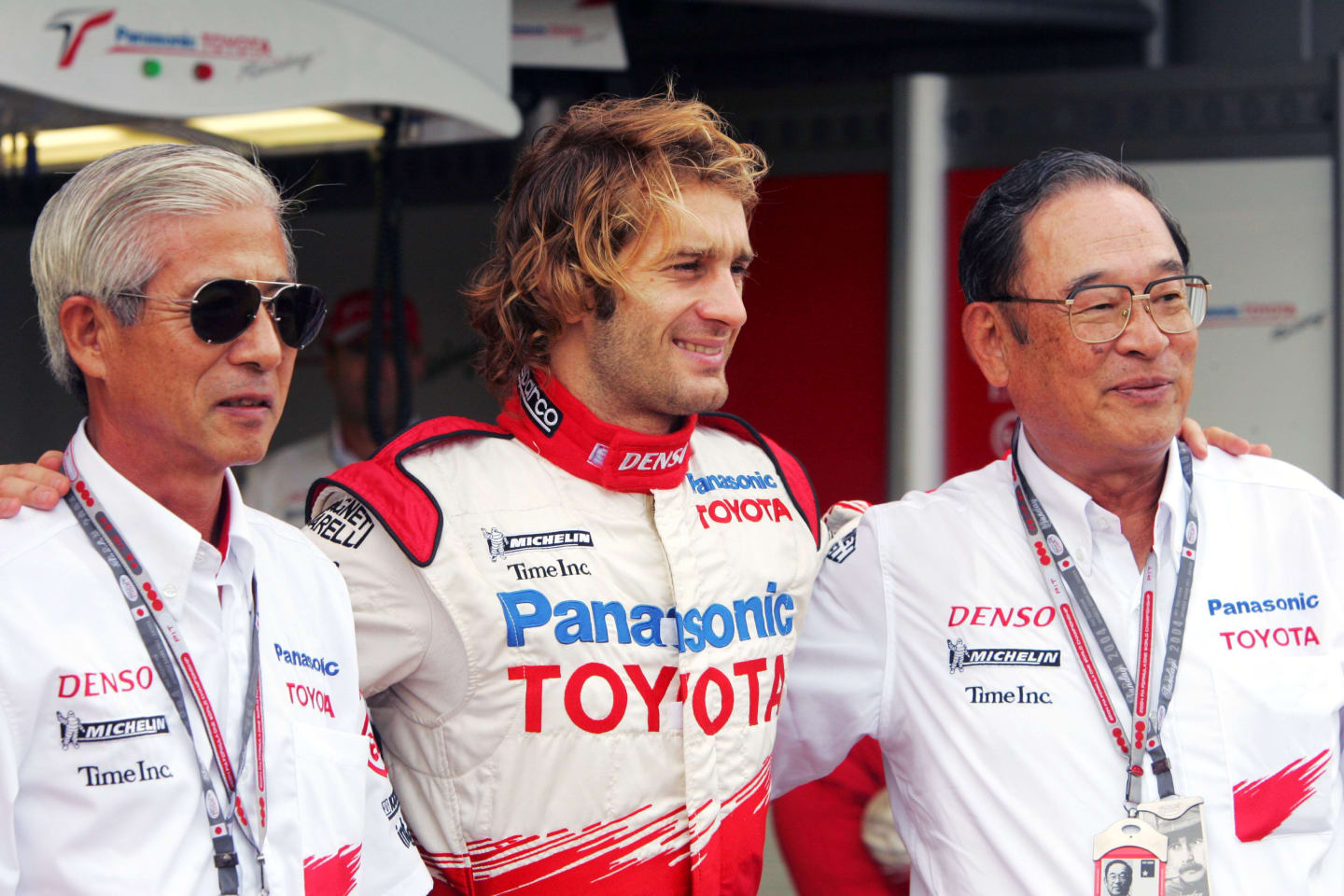
Trulli's first mid-season move came in his maiden season in the sport. The Italian had secured the second seat at Minardi, and impressed over the opening six races - so much so that when Prost driver Olivier Panis broke his legs in a heavy crash in Canada, Trulli was the man the team turned to. Trulli seized the opportunity, scoring points (then awarded to the top six) in only his third race with the team, and sensationally leading in Austria, before engine issues halted his charge.
By 2004, Trulli had grown to be a veteran of the grid, with seven seasons and more than 100 Grand Prix starts under his belt. He began the year with Renault, whom he had joined for 2002, and started brightly, picking up his first - and what would prove to be only - F1 win at Monaco. Internally though relationships at the team became strained, particularly after his feeble defence of a podium position on the last lap in France. That same month, the Italian announced he would be joining another team at the end of the season. His destination became an open secret: Toyota. There was a twist in the tale however. Renault and Trulli split three races before the end of the season, with the Italian missing one race before being snapped up early by his new squad. Trulli would finish 11th and 12th in the final two races of the season - results he would improve upon the following season, when former Renault team mate Fernando Alonso stormed to the title.
Heinz-Harald Frentzen and Jean Alesi - Jordan and Prost, 2001
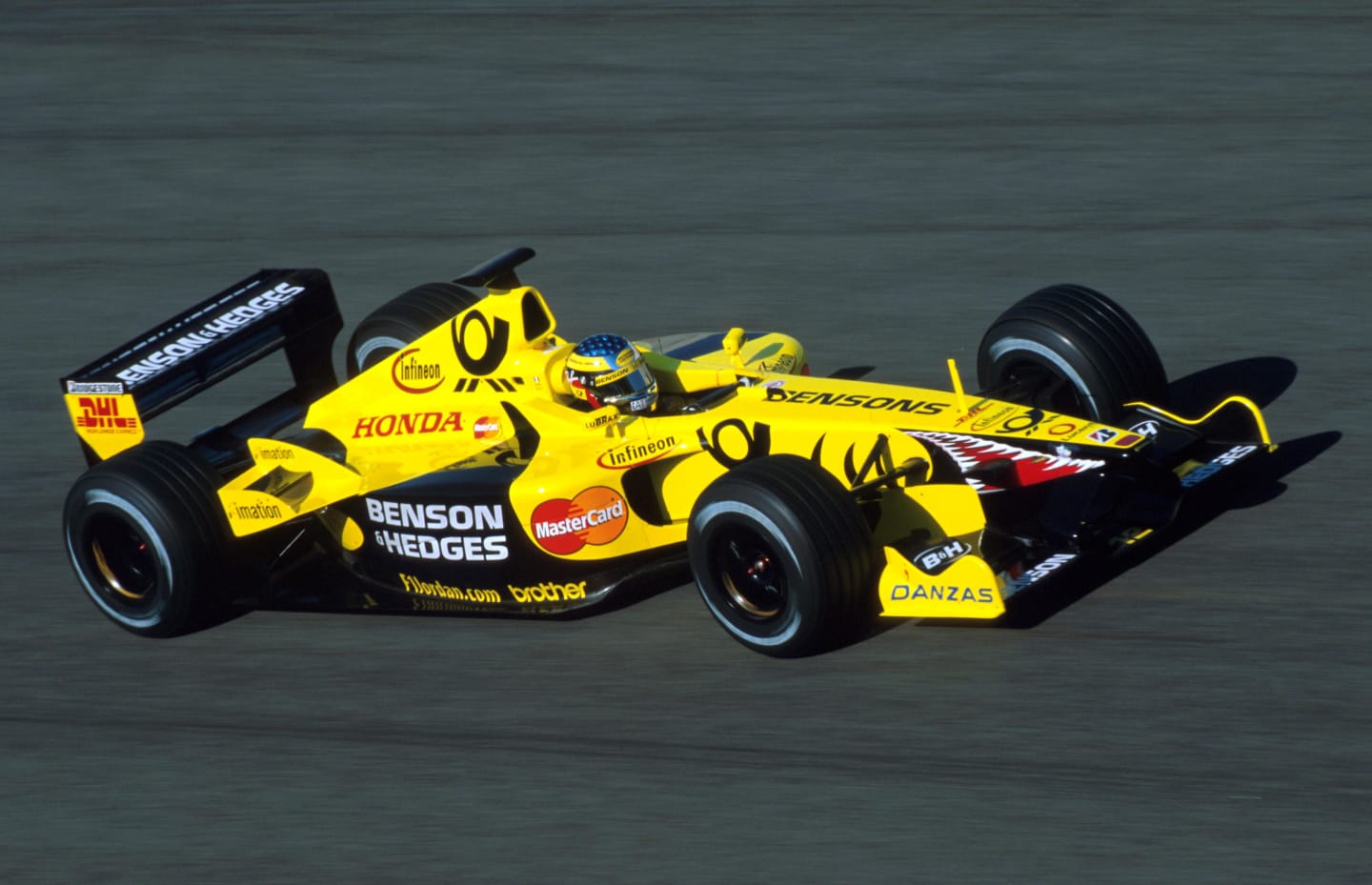
This wasn't quite a straight swap in the manner of Verstappen and Kvyat, but Jean Alesi and Heinz-Harald Frentzen are the only other example on our list of drivers swapping directly with each other.
It was Frentzen who unintentionally kicked the swap off. Much to his ire, the German was sacked by Jordan on the eve of his home race, the 12th of that year's 17 races. Initially the team drafted in Ricardo Zonta, but even then the speculation was rife that a move for Alesi was imminent. It came one race later in Hungary - Prost agreed to dissolve their contract with the Frenchman, allowing him to return to a Jordan team with whom he won the F3000 title in 1989. Short of a driver, Prost turned to the now-unemployed Frentzen. Neither man had a contract that lasted past the end of the season. For Alesi, it would mark his final chapter in the sport. Prost too went under as a team, but Frentzen would race on for a further two years before hanging up his gloves.
Mika Salo - BAR to Ferrari, 1999
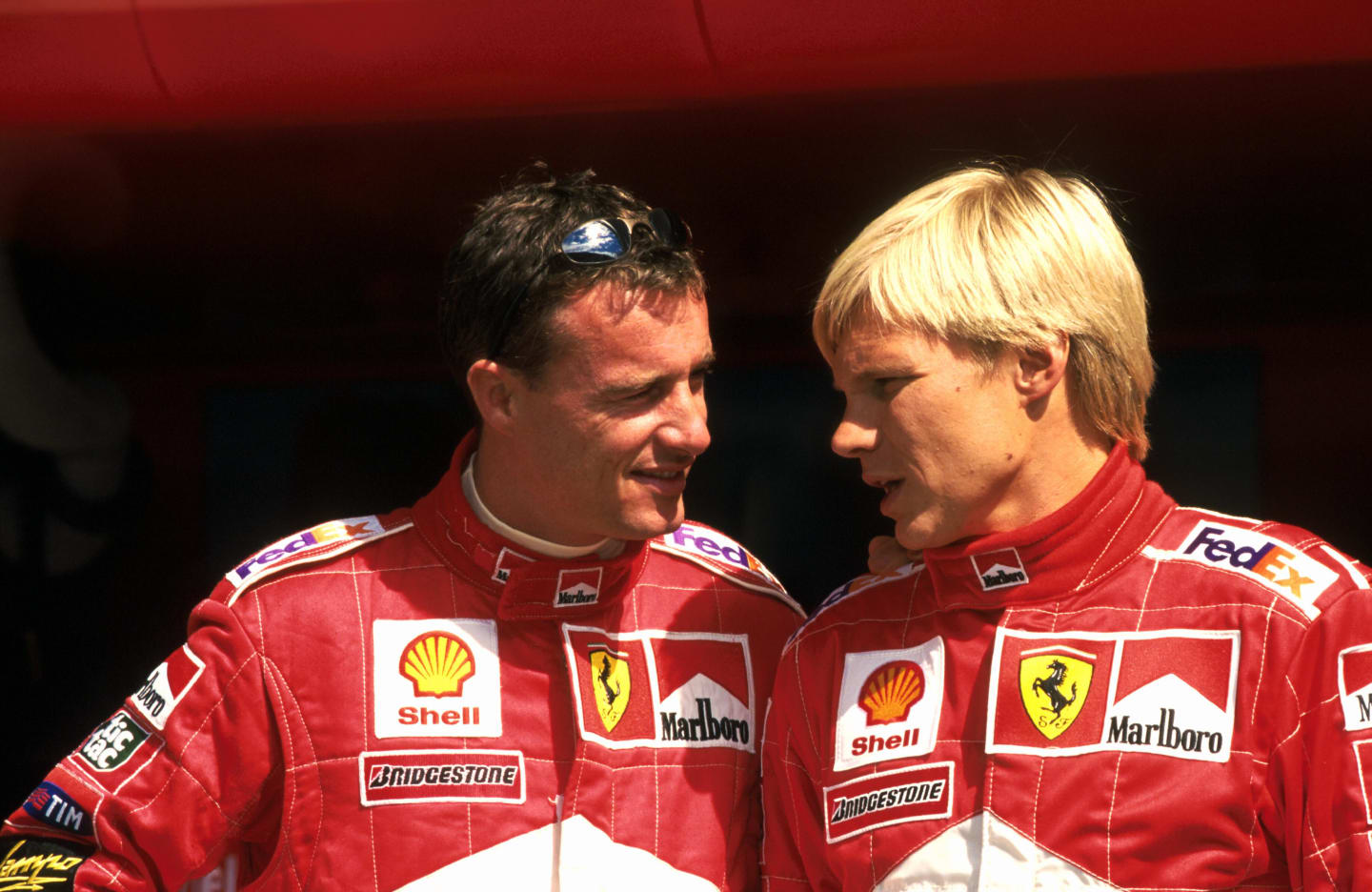
Salo wasn't supposed to race at all in 1999. He finished the season having competed for two teams, scored his only two F1 podiums and proved an able stand-in for one of the greatest drivers in history.
The incredible turnaround started at BAR, where he was called up to replace Ricardo Zonta, who injured his foot in an accident in the second race of the year in Brazil. By round six Zonta had returned and Salo was back on the sidelines - only for an even greater opportunity to arise, albeit once more through another's misfortune. This time it was Michael Schumacher, firmly in the title mix at Ferrari, who was unable to compete after breaking his leg in a crash at Silverstone. Salo was in - and, one week after getting married, he made his debut in Austria, now firmly in support of team mate and title hopeful Eddie Irvine. He made good on the role: one race later in Germany he out-qualified Irvine and led at mid-distance, before ceding position - and the win - to Irvine (Irvine handed him the winner's trophy on the podium in gratitude). Salo won on the podium again at Monza, his penultimate race with the Scuderia before Schumacher returned.
JJ Lehto, Andrea de Cesaris and Sauber, 1994
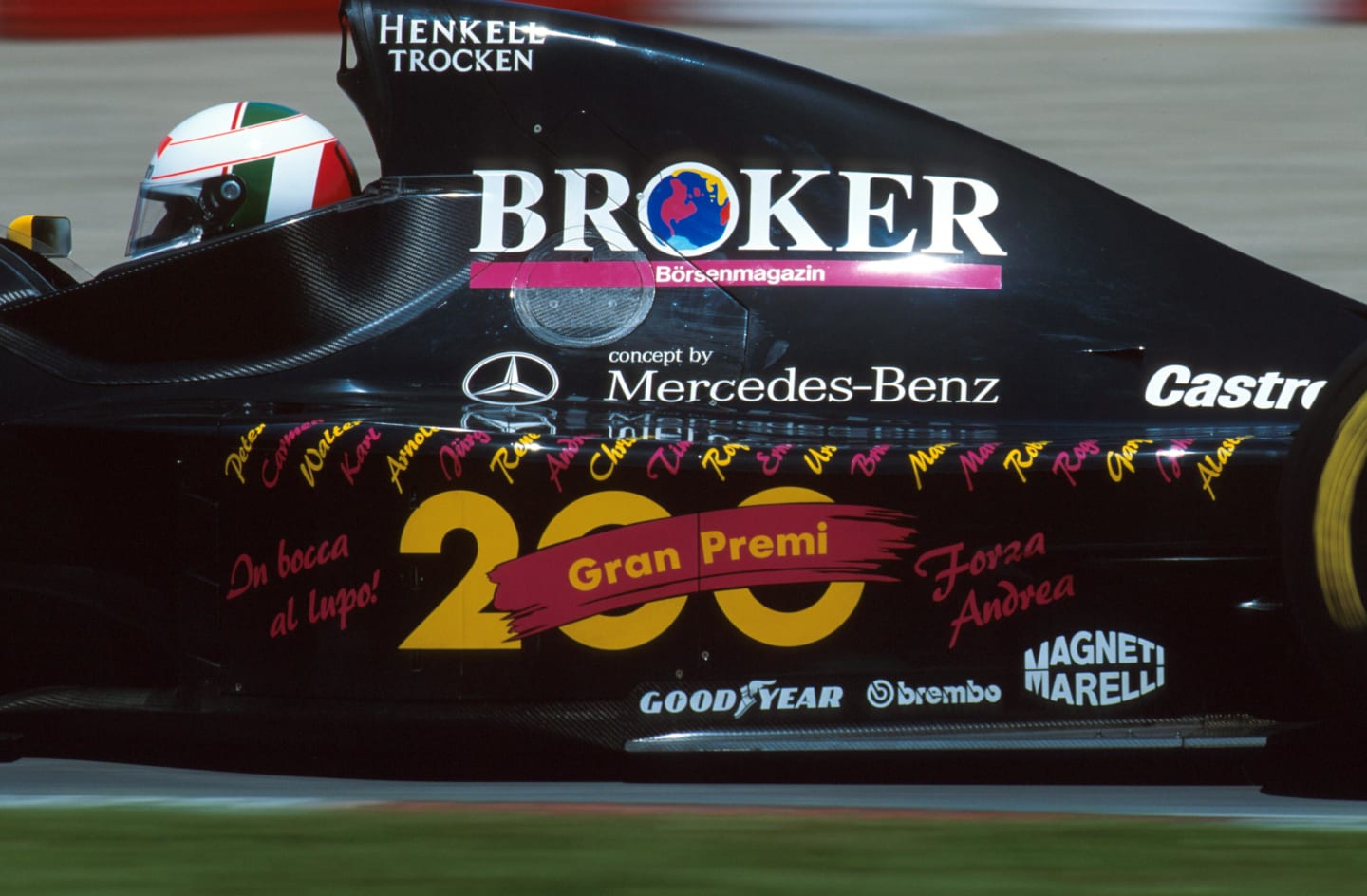
Both Lehto and De Cesaris had to wait until the third race of the year to make an appearance in 1994 - Lehto had injured his neck in testing, while de Cesaris was brought in to cover for Eddie Irvine, still serving a three-race ban for causing a huge accident in Brazil.
Irvine was back for round five in Spain, but de Cesaris won another break one race later in Canada when he joined Sauber for what was his 200th Grand Prix start. He stayed with the team for the next nine races, before his spell - and his career - ended in slightly unusual fashion. Karl Wendlinger had been pencilled in for a comeback and de Cesaris, not expecting to race, had decided to take a holiday. The arrangement with Wendlinger had to be postponed however, and with Sauber unable to contact de Cesaris, they turned to another man - Lehto. The Finn, who had contested a bit-season with Benetton, duly re-joined the Swiss team – for whom he raced the previous season - for the final two races of his season, before he too joined de Cesaris on the F1 sidelines.
Roberto Moreno - Benetton, Jordan and Minardi, 1991
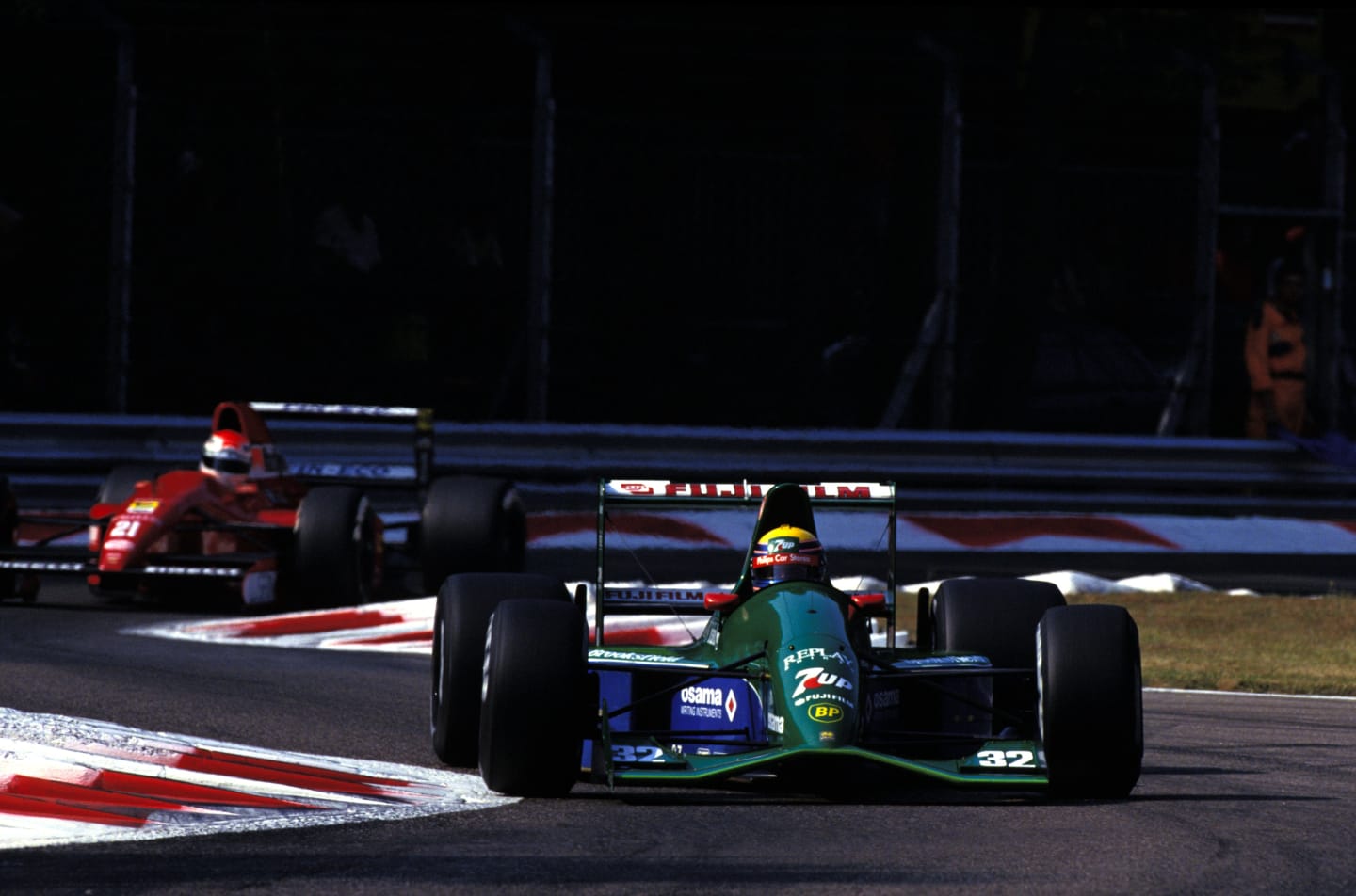
Moreno's campaign for Benetton had been far from disastrous in 1991, but he still wasn't able to stay the whole season after Flavio Briatore was able to broker a deal with Eddie Jordan to bring F1's hottest prospect Michael Schumacher into the team alongside Nelson Piquet.
Moreno, who switched from EuroBrun to Benetton during the previous campaign, found an immediate reprieve by taking Schumacher's vacant seat at Jordan, but in Spain he was then replaced again, this time by Alessandro Zanardi. That left Moreno without a drive once more - at least until the Australian season finale, when a seat opened up at Minardi - the consequence of a chain of events sparked by Alain Prost and Ferrari prematurely, and tempestuously, parting ways.
Max Verstappen and Daniil Kvyat - Red Bull and Toro Rosso, 2016
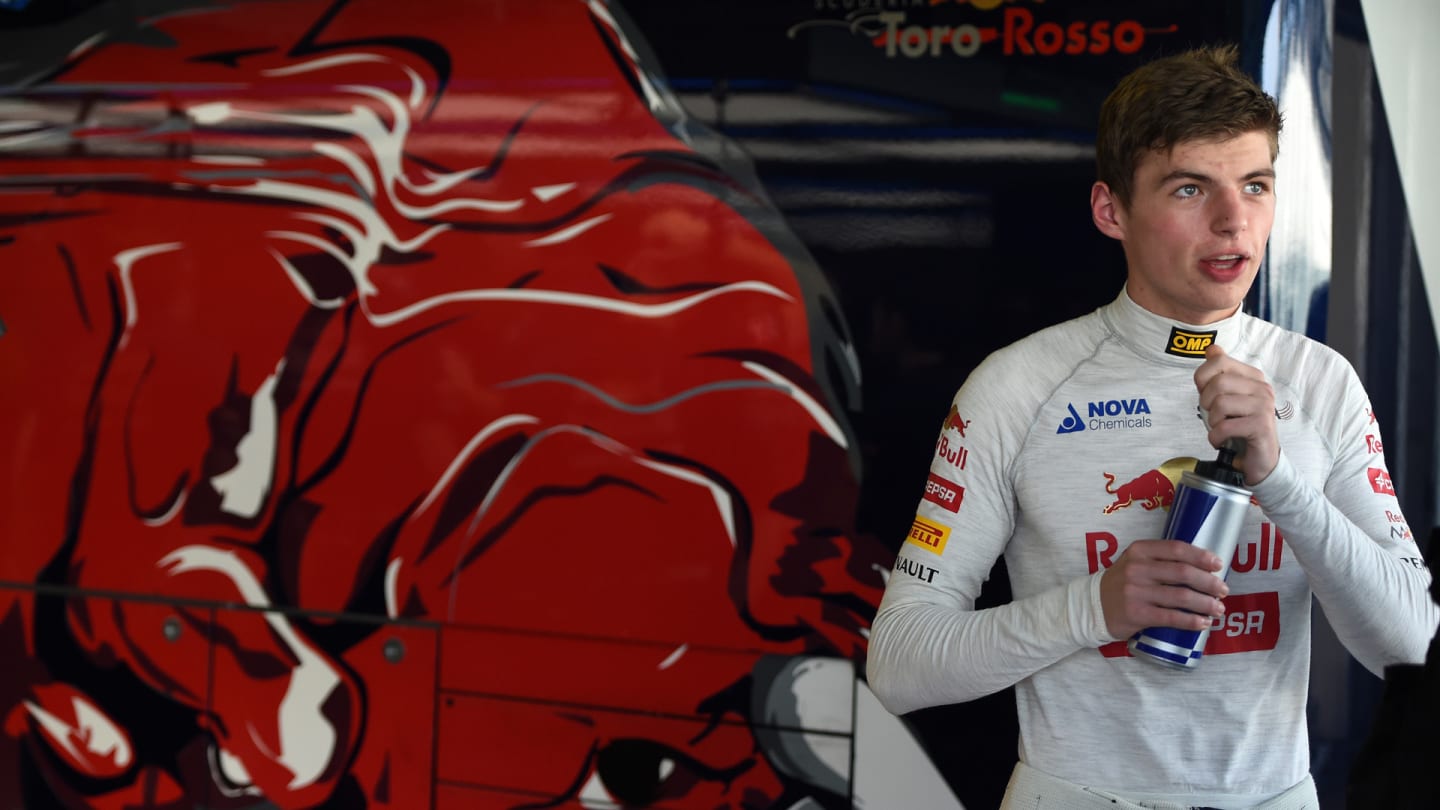
Max Verstappen (NDL) Scuderia Toro Rosso. Formula One Testing, Yas Marina Circuit, Abu Dhabi, UAE, Tuesday 25 November 2014.
Max Verstappen didn’t hold a driving licence in 2015, when he made his F1 debut for Toro Rosso. All that mattered was that he held a superlicence, and the 17-year-old was making an immediate impact on the sport. Case in point: his high-speed pass on Felipe Nasr at Blanchimont in the 2015 Belgian Grand Prix.
Red Bull’s bosses noticed, too, and Christian Horner quickly promoted Verstappen to the senior team from the 2016 Spanish Grand Prix (which he famously won) onwards. That was at the expense of Daniil Kvyat, who had just punted Sebastian Vettel out of contention in Russia to earn his ‘torpedo’ moniker in his second season with Red Bull.
Kvyat went back to Toro Rosso, only to be replaced by Pierre Gasly for the 2017 Malaysian and Japanese Grands Prix, stepping back in for the United States Grand Prix (as Carlos Sainz’s temporary replacement) and then losing his seat altogether to Gasly, who raced alongside Brendon Hartley in 2018. From the 2019 Belgian Grand Prix onwards, Gasly will partner Kvyat, who scored a podium in Germany, at Toro Rosso. How’s that for swings and roundabouts?
Carlos Sainz - Toro Rosso to Renault, 2017
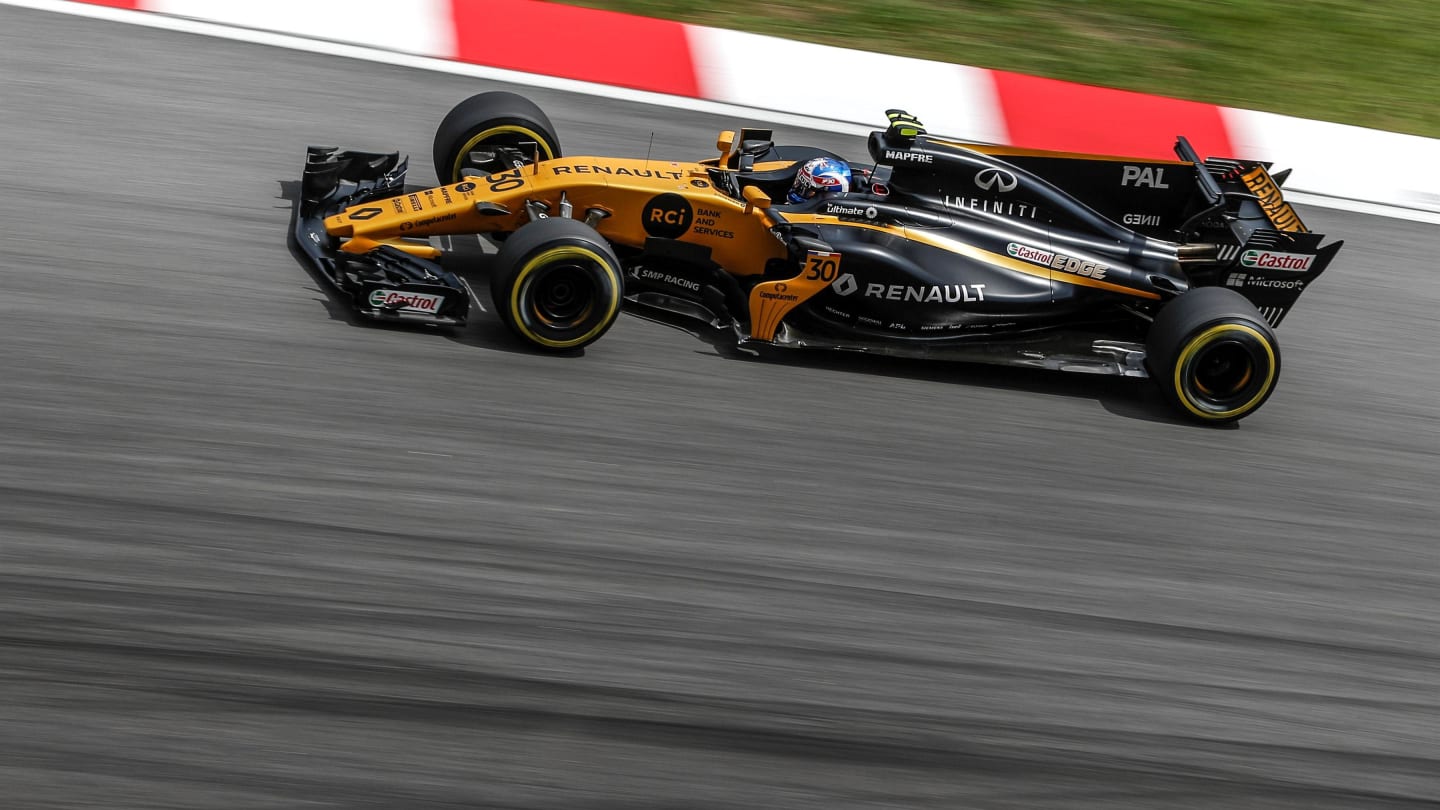
In 2017, Toro Rosso’s Sainz was set to replace Jolyon Palmer at Renault for the 2018 season – until he cut his stay at the team four races short, stepping in for Palmer after the 2017 Japanese Grand Prix.
Sainz was replaced by Kvyat at Toro Rosso for the United States Grand Prix, with Toro Rosso fielding Gasly and Hartley from the 2017 Brazilian Grand Prix onwards.
Palmer struggled in 2017, finishing in the points just once – sixth in Singapore – and being consistently outperformed by Sainz. But Sainz saw the opportunity to leave Toro Rosso and snapped it up, having been at the Red Bull junior squad since 2015 with few signs that he would replace Verstappen or Daniel Ricciardo at Red Bull.
Sainz would have to wait another year to race for McLaren, joining them for 2019 in replacement of compatriot Fernando Alonso.
YOU MIGHT ALSO LIKE
Image Gallery GALLERY: Hamilton pictured driving a Ferrari F1 car for the first time at Fiorano
News 'One of the best feelings of my life' – Hamilton reflects on 'special' first Ferrari drive

Video WATCH: From Schumacher’s supporting role to Perez being a ‘legend’ – 10 times F1 drivers were amazing team mates
FeatureF1 Unlocked QUIZ: How much do you know about Ferrari's British F1 drivers?
